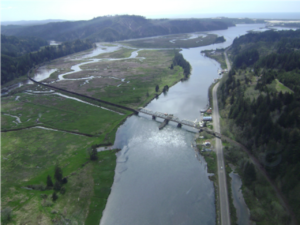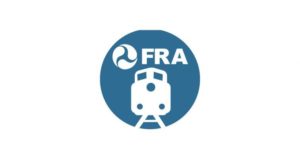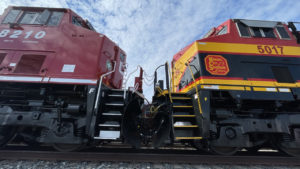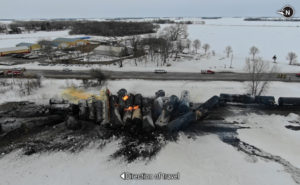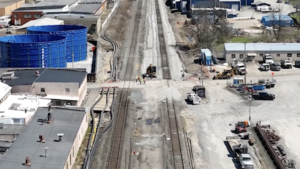State Officials, Railroads Clash Over Legislative Overhaul of Broadband Railroad Crossing Fees
Written by Kyra Senese, Managing Editor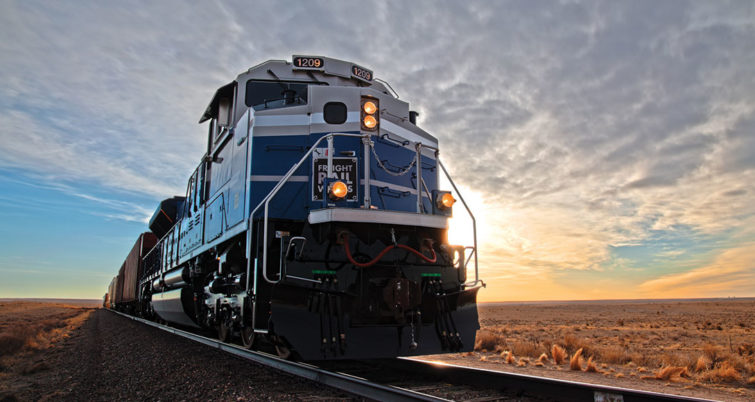
During this year's legislative session, bills introduced in the Virginia House of Delegates and Virginia Senate seek to standardize the process and associated fees for broadband providers crossing railroads.
Fiber deployments that require crossing railroad rights of way can become bogged down in bureaucratic red tape and onerous fees, according to some states.
The issue has arisen in several states as they build broadband infrastructure, but only a few have looked to resolve disputes with railroads through legislation. It is now on the radar of Virginia lawmakers, as the state looks to its electric cooperatives to connect 200,000 residents who are still without broadband, according to a GCN report.
Both bills, which have the support of the Virginia, Maryland, and Delaware Association of Broadband Cooperatives (VMDABC), would establish a uniform 30-day review period for railroad crossing notices submitted by broadband companies and give the State Corporation Commission the authority to resolve disagreements, GCN reported.
The Senate version would cap railroad crossing fees at $750, while the House version would standardize crossing fees at $1,500 per crossing. Officials with the VMDABC stated that they have previously encountered fees of up to $20,000 per railroad crossing and review periods of 18 months or longer. The standard fees, they claimed, would ensure transparency and prevent cost overruns, according to GCN.
Railroad companies say their review and fee processes are in place to ensure the safety of their customers and operators, and that negotiations with broadband companies and others seeking access to their right-of-way should be kept confidential.
The Association of American Railroads (AAR) stated that they do not seek “excessive compensation,” but that legislation such as that being considered in Virginia would force railroads to “essentially underwrite broadband deployment.”
In a fact sheet, the AAR stated that railroads spend billions of dollars annually on infrastructure maintenance and pay millions of dollars in taxes on their land assets. “Likewise, they have a right to recoup costs incurred for reviewing and completing permit applications and for use of their land,” AAR said.
AAR also stated that because telecommunications companies are highly profitable, they do not require preferential treatment to gain unrestricted access to another company’s infrastructure, nor do they require railroads to absorb the day-to-day business costs for their commercial ventures.
The Commerce and Labor Committee approved the Senate version of the Virginia bill this week, sending it to the chamber’s floor for a vote on final passage. The House version is still being considered.

